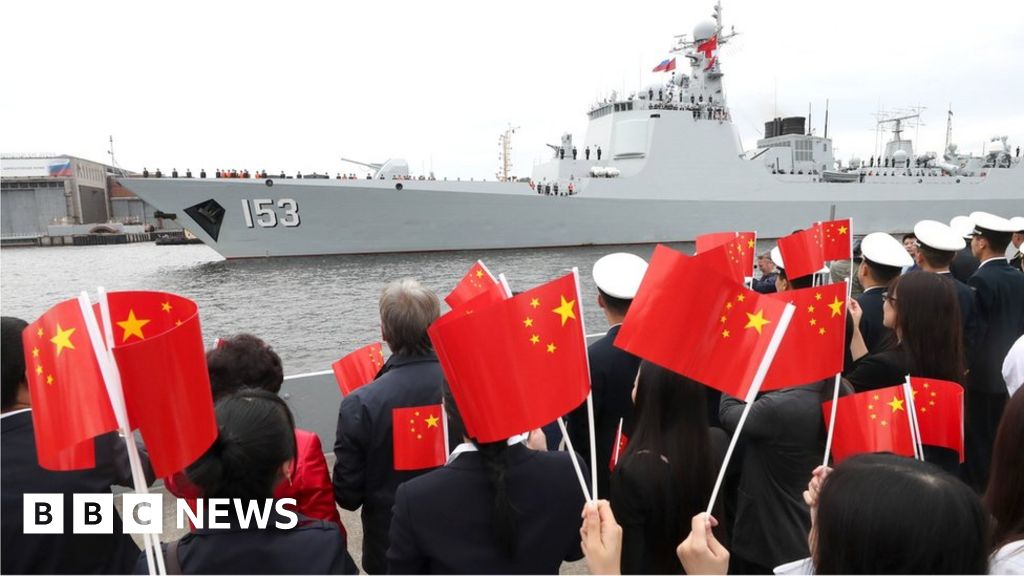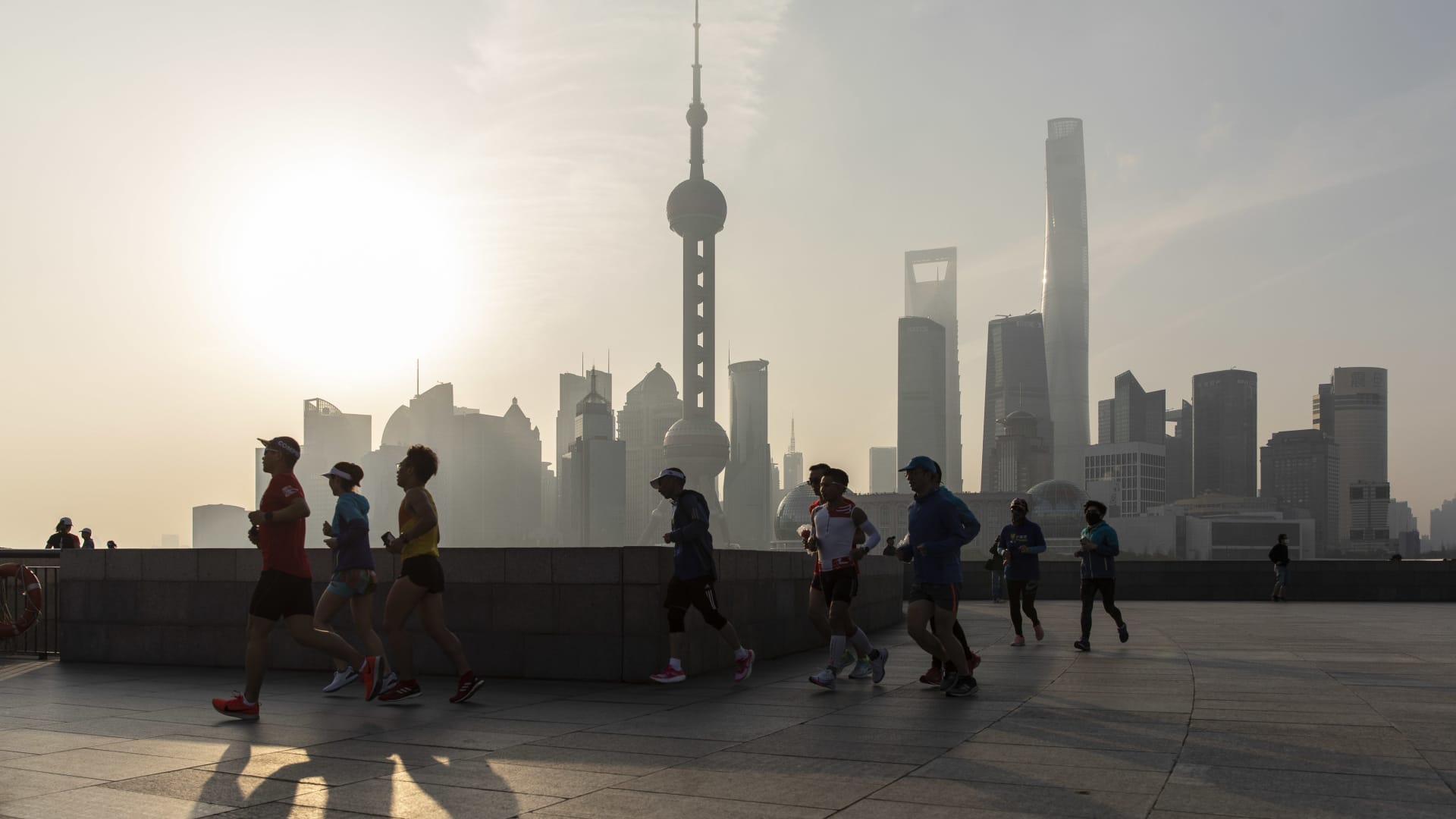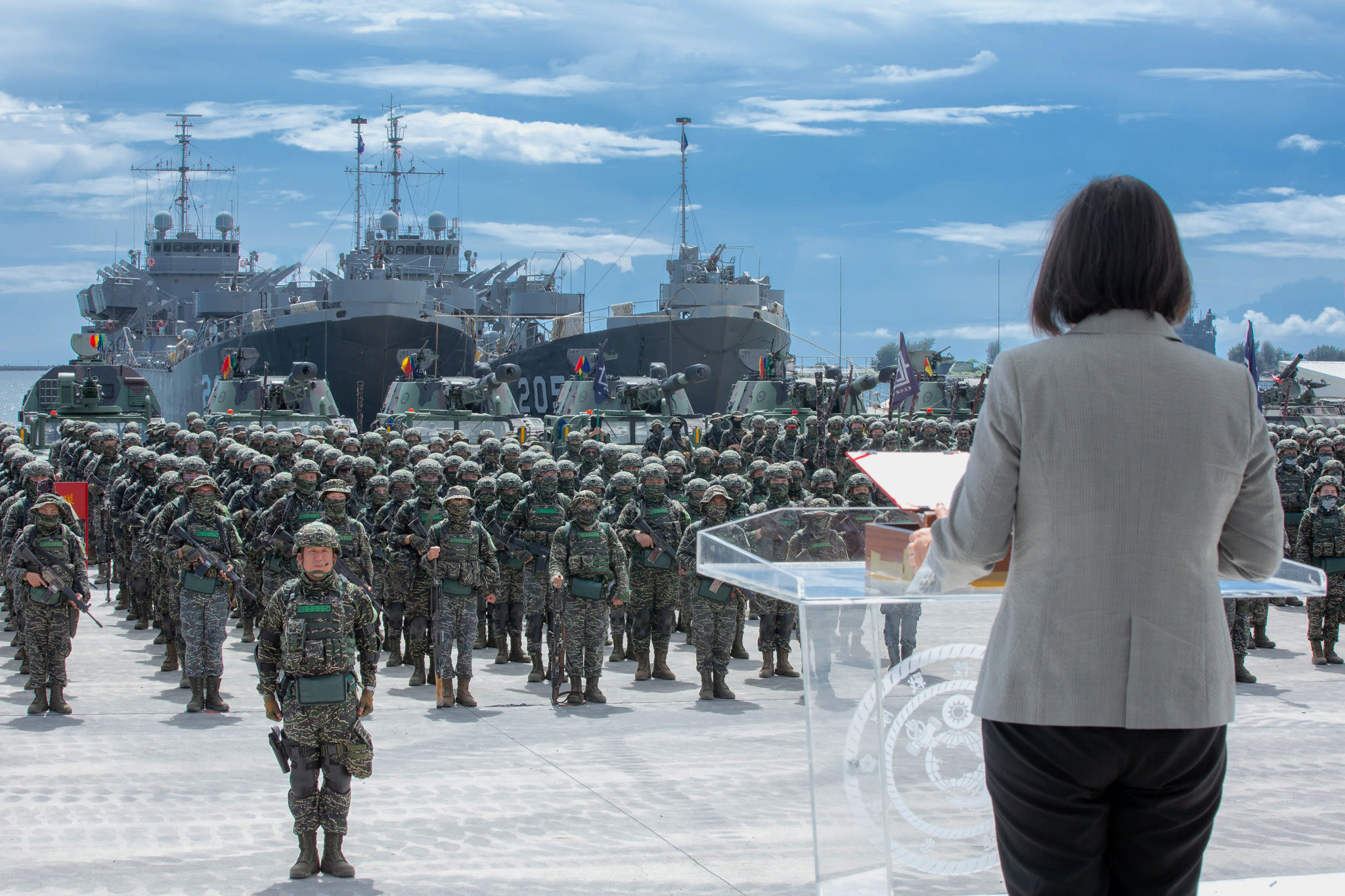An interesting article in Foreign Affairs that discusses how the PRC views the US.
"The CCP’s official line remains that bilateral ties should be guided by the principle of “no conflict, no confrontation, mutual respect, and win-win cooperation,” as Chinese President Xi Jinping described it in his first telephone conversation with U.S. President Joe Biden, in February. Nevertheless, just as American views on China have hardened in recent years, so have many Chinese officials come to take a dimmer view of the United States. The conventional wisdom in Beijing holds that the United States is the greatest external challenge to China’s national security, sovereignty, and internal stability. Most Chinese observers now believe that the United States is driven by fear and envy to contain China in every possible way. And although American policy elites are clearly aware of how that view has taken hold in China, many of them miss the fact that from Beijing’s perspective, it is the United States—and not China—that has fostered this newly adversarial environment, especially by carrying out what the CCP views as a decades-long campaign of meddling in China’s internal affairs with the goal of weakening the party’s grip on power. Better understanding these diverging views of recent history would help the two countries find a way to manage the competition between them and avoid a devastating conflict that no one wants."
"Chinese officials are particularly irritated by what they see as American meddling in restive regions of China. In 2008, when a riot took place in Lhasa, the capital of Tibet, the CCP saw the violence as the intentional result of long-term U.S. support for Tibetan separatists living overseas and led by the Dalai Lama, who was granted nine meetings with U.S. presidents between 1991 and 2008. Chinese state media in early 2009 asserted that “the Dalai clique has in fact become a tool for U.S. rude interference into China’s internal affairs and attempts to split China.” In 2018, Trump enacted a law that requires the U.S. Department of State to punish Chinese officials who bar Americans from traveling freely to Tibet, a move that China’s Foreign Ministry condemned as “grossly interfering in China’s domestic affairs.”
More recently, the western Chinese region of Xinjiang has become a major source of friction. Beijing charges that violent riots there in July 2009 were planned and organized from abroad and that Uyghur activists in the United States who received encouragement and support from American officials and organizations acted as a “black hand” behind the unrest. In 2019, human rights groups in the United States accused the CCP of engaging in the surveillance and torture of Uyghurs and other Muslim minorities and of detaining at least one million people in camps in Xinjiang. In 2020, the U.S. Congress passed legislation requiring the federal government to report on abuses in the region. And in March, the Biden administration labeled China’s actions in Xinjiang a “genocide” and sanctioned Chinese officials in charge of security affairs in the region. Beijing has repeatedly denied that allegation and accused Washington of being “obsessed with fabricating lies and plotting to use Xinjiang-related issues to contain China and create [a] mess in China,” in the words of the spokesperson of the Permanent Mission of China to the UN."
So the CCP are hanging on to their age old boogie man.
China's reminder to Nato: it is a country of peaceful development. China's rebuttal came on the same day that it flew 28 air force jets into Taiwan's air defence zone, the island's government said. It is the fifth incursion this month, and the largest to date...
www.defencetalk.com
Meanwhile the Japanese Yasuhide Nakayama, State Minister of Defence has said that Japan and Taiwan are family and "
Its security “is clearly related to Okinawa’s protection,” part of Japan." He also said during the
Hudson Institute online forum that "
Okinawa and Taiwan are “kind of like nose and eyes, really close”." He went on to say that "
“Democratic countries have to protect democratic countries and allies” against “the autocrats,” China and Russia. Nakayama said the security domains ranged from air, sea, land, cyber and space to include electronic warfare."
The fate of Taiwan and Okinawa are key to stemming the military influence of China and Russia in the Western Pacific, Japan’s number two defense official said Monday. “We are family with Taiwan,” said Yasuhide Nakayama, Japan’s state minister of defense. Its security “is clearly related to...

news.usni.org
So this appears to be a change in Japanese policy which will elicit screams of self righteous indignation from Beijing, and the tearing of hair by the current occupant of the Blue House in Seoul

However it is a good move on the part of Japan and signals its willingness to become more involved in the security of the region beyond its own territory.

 www.bbc.com
www.bbc.com



